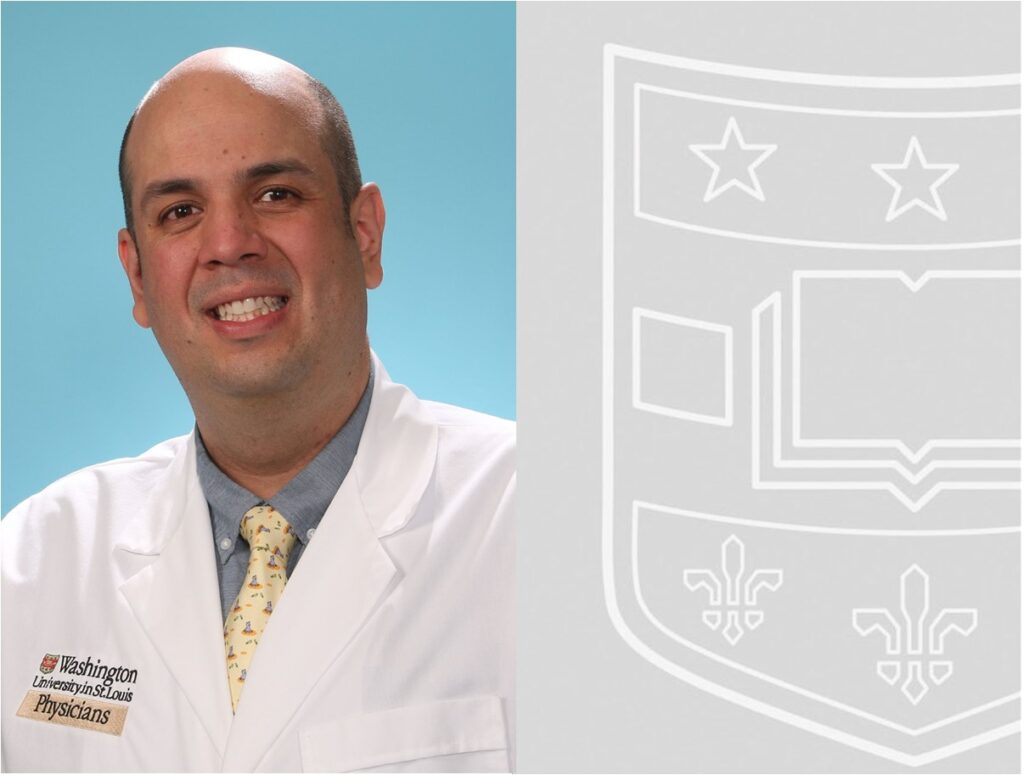Juan Calix, MD, PhD, ID fellow alum 2020, joined the Department of Medicine in the Division of Infectious Diseases as an Instructor in April. Dr. Calix was born in New Orleans, LA but lived much of his youth in his family’s native El Salvador. He moved back to the United States to obtain his bachelor’s degree in biological sciences from Loyola University New Orleans. After taking a postgraduate year to work Hurricane Katrina relief efforts, Dr. Calix enrolled at the Medical Scientist Training Program (MSTP) at the University of Alabama at Birmingham. There he obtained his PhD in Microbiology studying the evolution of Streptococcus pneumoniae capsule serotypes. After completing the MSTP, he joined the Physician Scientist Training Program at Washington University, were he did both his Medicine Residency and ID Fellowship. Throughout his training, he maintained a career interest in advocating for Hispanic populations when it comes to healthcare delivery, focusing research efforts, and promoting diversity in the medical scientific work force.
Trained as a translational scientist, Dr. Calix takes a patient-centered approach to the molecular analysis of pathogens. His investigations combine clinical research, bacterial genomics and molecular microbiology to identify host and microbial determinants of infections, with special focus on the multidrug resistant pathogen Acinetobacter baumannii. This has led to the characterization of novel transmission dynamics demonstrated by A. baumannii and other clinically important pathogens, like Staphylococcus aureus and other Staphylococcal species. His ultimate research goal is to develop relevant research models with which to develop antibiotic-sparing interventions for the prevention and treatment of infections. Lastly, Dr. Calix strives to foster academic collaborations locally and internationally (especially in Latin America), in his mission to apply these research pipelines to better understand the pathobiology of other important pathogens.
